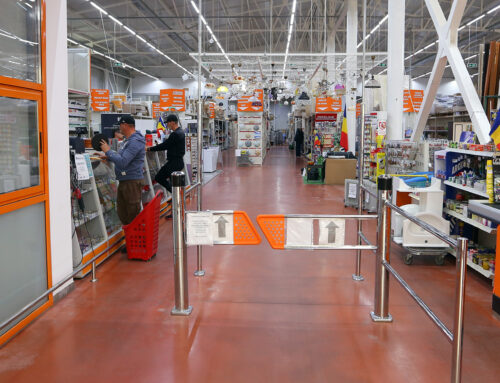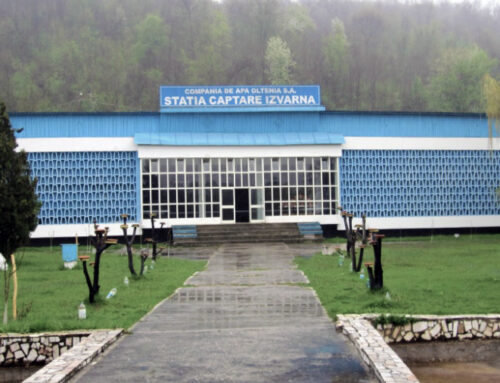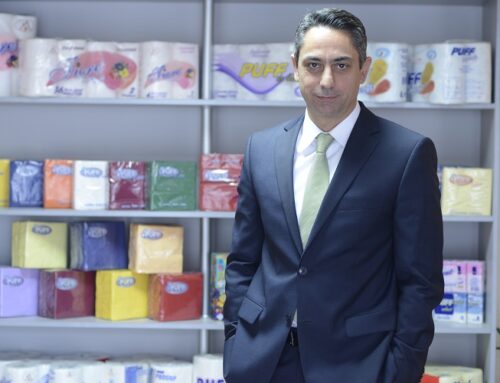
Eugen Dogariu, Prefect of Timis County, talks to the European Times about his role in overseeing and supporting local government structures and the challenges of providing more efficient and transparent services for local residents.
European Times: What is your role in the running of local government?
Eugen Dogariu: As a prefect and a representative of the Prime Minister and the government in Timis county, we have to ensure that the regulations introduced by the local authorities are legal. Secondly, we are trying to create a better environment for citizens and a better relationship between institutions and citizens. We are trying to be as efficient as possible in all the situations where the state has to intervene. These are our main concerns. But we also have responsibilities regarding public safety, public health and education. For example, in the education field, our greatest concern is to align curricula and educational content with the demands of the labour market.
European Times: What are you doing to improve the local business environment?
Eugen Dogariu: We have monthly meetings with representatives of the business community. Currently, there are three business associations for foreign investors, the German, Italian, and French. We also have the chamber of commerce, which promotes investment and the needs of the business community.
European Times: To what extent is Timis County connected to international markets?
Eugen Dogariu: Timis has everything that the investor needs. We have good infrastructure, we have an international airport, and a good railway hub. We are close to Serbia and Hungary. There are five crossings on the border with Serbia; three of them were opened in November 2014. This year, we will have a national highway that goes from the north to the east through Timis County, creating access to Timisoara from Europe.
European Times: What would you say to those who believe corruption is a problem in Romania?
Eugen Dogariu: We are trying to be as open and transparent as we can. We are trying to reduce bureaucracy by creating a direct link between institutions and citizens. For example, in some institutions, we have implemented systems that allow citizens to complete a procedure without having to deal with officials. They can do it while sitting at home simply by using the Internet. We realise that we have to reduce bureaucracy and be as transparent as possible. In that way, we will reduce corruption.





